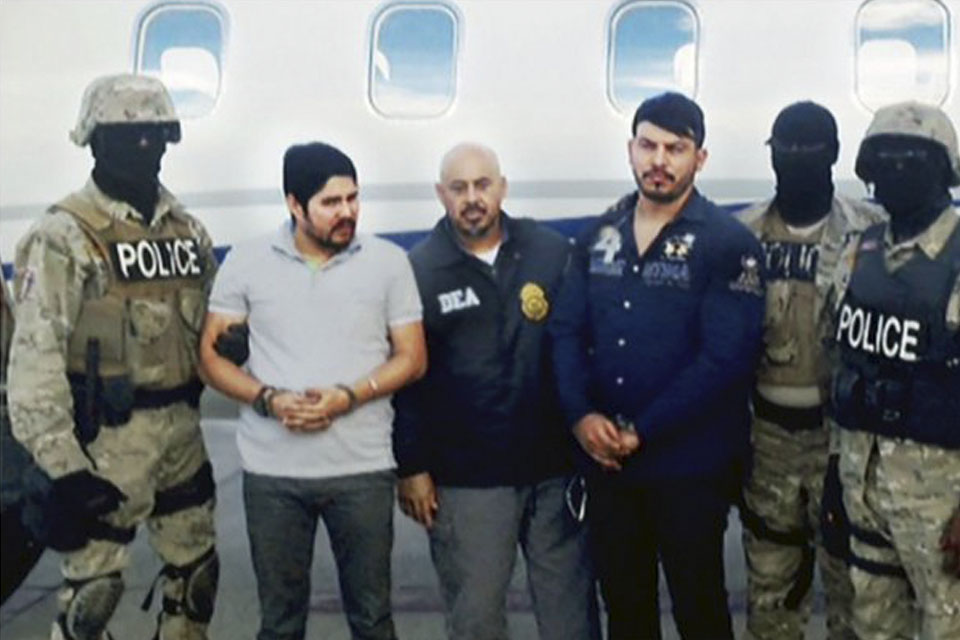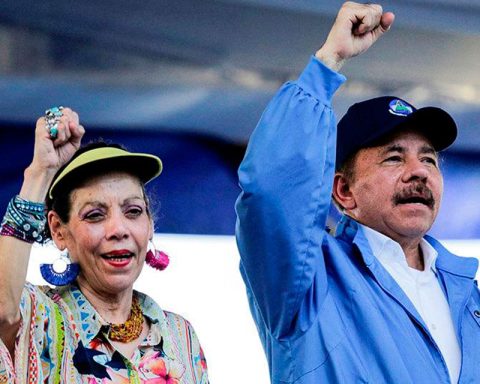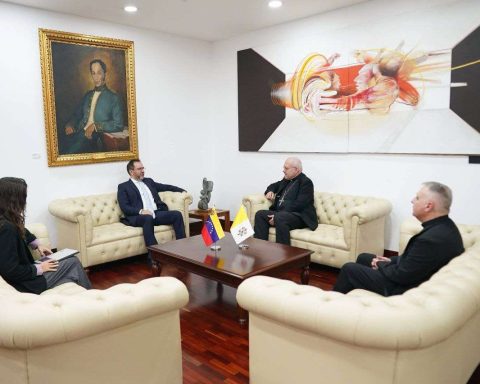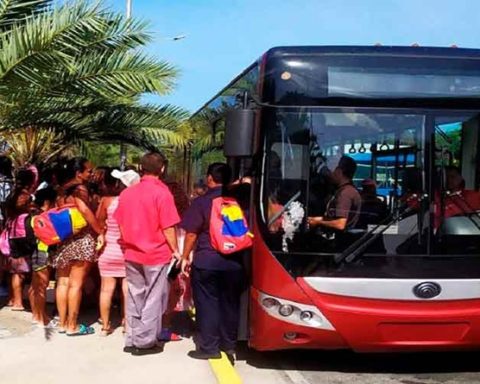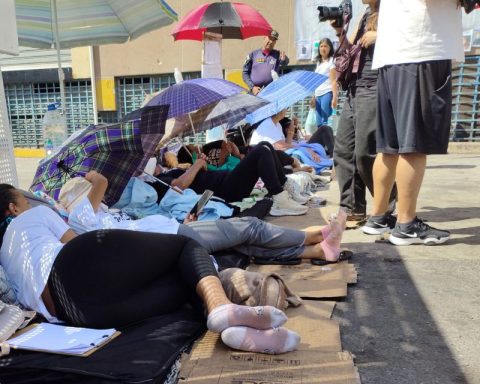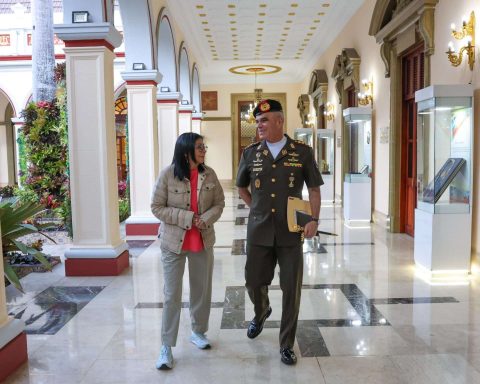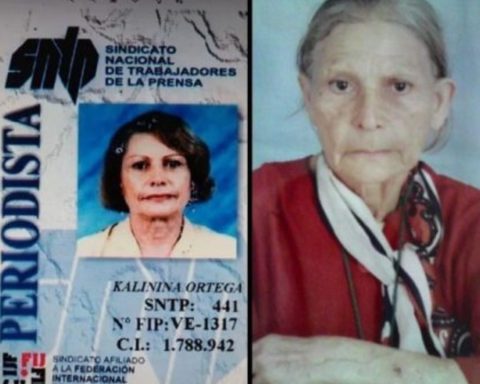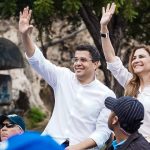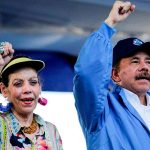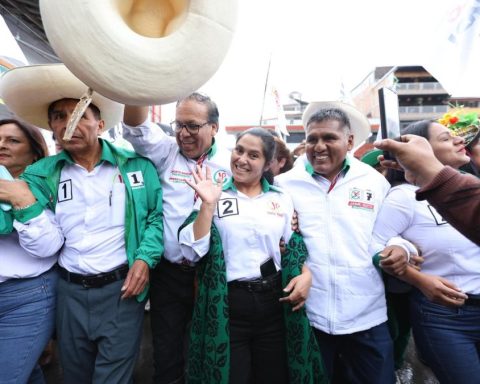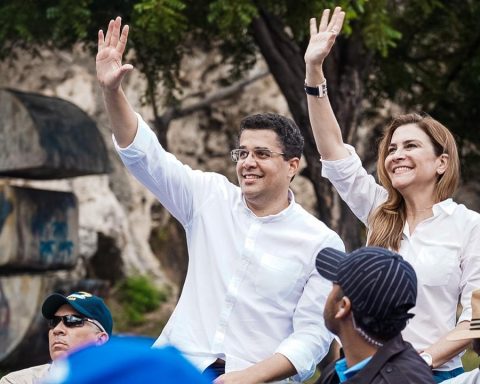The exchange of the seven North Americans for the two political nephews of Nicolás Maduro generated reactions against it, Veppex considers that the measure “demonstrates an absolute weakness” of the United States government against Chavismo
The Organization of Politically Persecuted Venezuelans in Exile (Veppex) rejected the release of the nephews of Cilia Flores, by the US Government, receiving in exchange seven American citizens imprisoned during the administration of Nicolás Maduro.
They consider that this initiative “demonstrates an absolute weakness” of the United States government against Chavismo.
“It is very unfortunate that a nation as powerful as the United States succumbs to a corrupt regime like the one that rules in Venezuela. Unfortunately, this decision it will have a very negative impact to stop the dictatorships of the left in Latin America»was indicated in the Veppex statement signed by its director José Antonio Colina.
Other reactions have been generated after the United States and Venezuela reported this Saturday, October 1, on the agreement that allows the release of Americans and Venezuelans imprisoned for several years in both countries. As stated in the communiqués sent by each government, this exchange is part of the negotiation process that the Maduro administration maintains with representatives of Joe Biden.
Last June 17the United States Department of the Treasury took one of the first measures of this agreement, by excluding from the list of sanctioned another of Maduro’s nephews-in-law, Carlos Erik Malpica Flores, who held the position of Treasurer of the nation and Vice President of Finance of Petróleos de Venezuela.
*Also read: Maduro frees seven imprisoned Americans in exchange for the Flores nephews
Likewise, the US Republican Senator, Marco Rubio, rejected the release of Efraín Campo Flores and Franqui Francisco Flores. “They freed seven innocent hostages in exchange for two convicted drug traffickers who were nephews of a dictator. This is why terrorists and tyrants keep taking Americans hostage, they know they can get something in return for them,” he said on his Twitter account.
He argued that this White House decision could incentivize other anti-American dictators to “take more innocent Americans hostage in the future.”
One of the first people to react to the measure was the human rights defense attorney, Tamara Suju, who said she was happy “for the families of the American hostages.”
#Venezuela. The Dictatorship frees 7 HOSTAGES, the 5 from Citgo, #MatthewHeath and Osman Khan in exchange for the Nephews of Cilia Flores, sentenced for drug trafficking. Innocent by Drug Traffickers…
I’m happy for the families of the hostages. @ConnieD70709505https://t.co/qUlZP2aQzz— Tamara Suju (@TAMARA_SUJU) October 1, 2022
While former commissioner Iván Simonovis stated that “exchanging hostages for drug traffickers weakens the credibility of any justice system and opens a door, which until now was unacceptable, to negotiate with terrorism.
For his part, criminal lawyer Zair Mundarain said in an interview with the news channel NTN24 that it would be necessary to analyze to what extent actions such as these do not stimulate other groups or States outside the Law, to use citizens as exchange tokens.
“The relatives very possibly had constant pressure on the US government to achieve some formula that would allow freedom to be achieved, especially when dealing with illegal detentions and on a regime that does not respect fundamental rights or carry out the cases in due process,” Mundaray said.
Likewise, the leader of the opposition party Primero Justicia, Henrique Capriles, stated that, while Maduro and the United States defend their interests, Venezuelans must face the economic reality that the country is experiencing.
“The US always defends its interests, Maduro his and his leadership and we who are the rest, millions of Venezuelans, have to continue fighting for the interests of the homeland, of our Venezuela, especially the most forgotten,” he said on his Twitter account.
Post Views:
644
